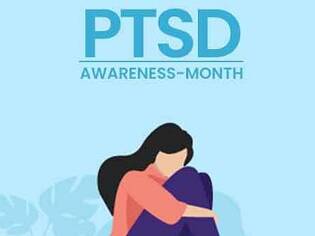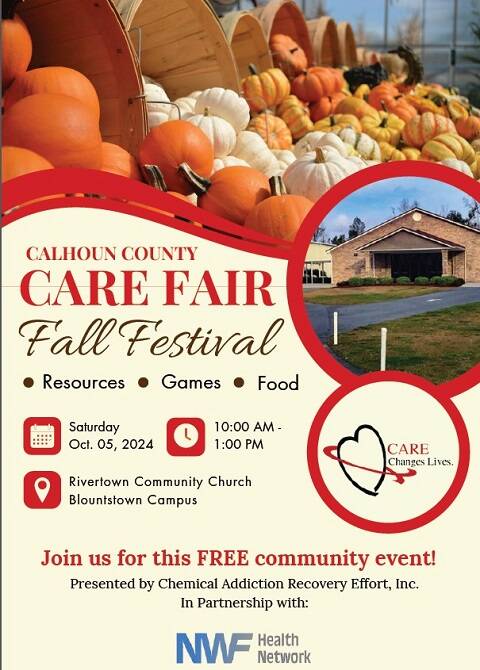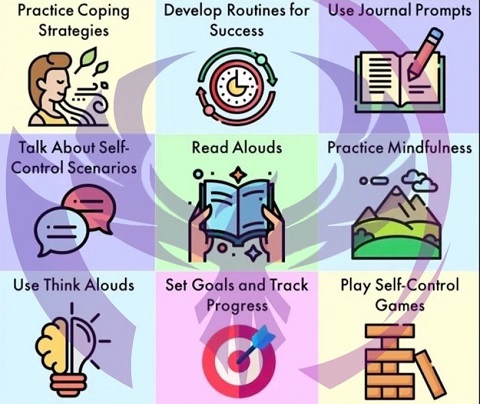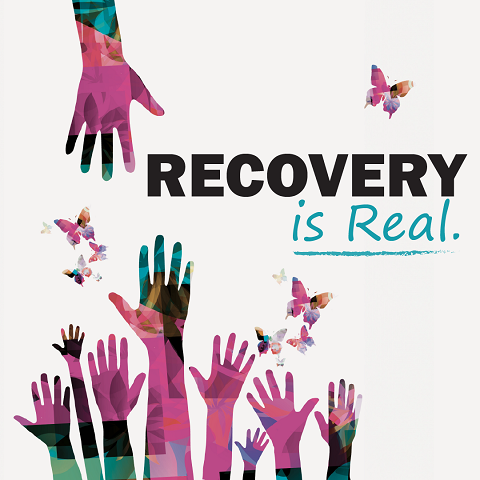
PTSD Awareness Month
Post Traumatic Stress Disorder (PTSD) is an anxiety disorder that some people develop after seeing or living through an event that caused or threatened serious harm or death. PTSD may result in sleep problems, irritability, anger, recurrent dreams about the trauma, intense reactions to reminders of the trauma, disturbances in relationships, and isolation. Some people may recover a few months after the event, but for others it may take years. For some, PTSD may begin long after the events occur. However, PTSD can be treated.
If left untreated, PTSD symptoms can worsen over time. This can include increased anxiety, depression, and feelings of isolation. Flashbacks, nightmares, and other symptoms can become more frequent and intense.
A combination of a talking therapy and medicine may be recommended if you have severe or persistent PTSD. A General Practitioner can refer you to an NHS talking therapies service or, in some cases, a specialist clinic. You can also refer yourself directly to an NHS talking therapies service without a referral from a GP.
If you are experiencing Post Traumatic Stress Disorder, you can call or text ‘988’ (or chat online on 988 Suicide & Crisis Lifeline’s website) for free, confidential, and immediate help. You can also call 1-800-662-HELP (4357) to access the Substance Abuse and Mental Health Services Administration 24/7 helpline.




